Reviewed by Corey Noles
Looking at France's iPhone 12 radiation controversy is like watching a perfect storm of regulatory theater meet smart engineering. France's frequency watchdog ANFR recently tested 141 phones and found the iPhone 12 emitting 5.74 watts per kilogram, exceeding the EU limit of 4.0 watts per kilogram. The result? A temporary sales ban that's now spreading across Europe, forcing Apple to deploy a software patch that actually makes your phone work worse.
But here's the kicker: this whole controversy stems from a testing quirk, not a real safety issue. The iPhone 12 has worked exactly as designed for three years, and the "fix" Apple just rolled out essentially breaks a feature that's been helping your phone perform better all along.
The technical disconnect: when smart features meet dumb tests
Let's break down what actually happened here. Apple's iPhones have included off-body detection for over a decade – sensors that can tell when your phone is sitting on a table versus being held in your hand. When the phone detects it's not touching your body, it slightly increases transmission power to optimize performance and maintain better signal strength.
This makes perfect sense from an engineering standpoint. Your phone sitting on your desk doesn't need to worry about SAR limits because it's not actually against your body. The slightly higher power helps maintain better connectivity when you need it most – think about those video calls where you've got your phone propped up on a table.
The specific test protocol used by ANFR requires devices to meet on-body SAR limits even when tested off-body on a static surface. Essentially, France's testing doesn't account for this smart power management system, creating a scenario where a phone optimizing its performance gets flagged as non-compliant.
The safety implications reveal the true absurdity of this situation. France's Digital Minister noted that European SAR levels are "ten times lower than the level of emissions which, according to scientific studies, can have consequences for users." The international guidelines specify that adverse health effects haven't been demonstrated below 40 W/kg – making the iPhone 12's 5.74 W/kg reading insignificant from a health perspective, with safety margins typically 50 times lower than exposure levels shown to cause health effects.
PRO TIP: All scientific studies reviewed confirm these devices pose no health risks, with the only recognized biological effect being heating at much higher exposure levels. We're literally degrading device functionality to satisfy a regulatory requirement that doesn't reflect real-world usage or pose any actual safety concern.
Europe's regulatory domino effect
What started as a French testing anomaly is now becoming a continent-wide headache. Belgium is assessing the iPhone 12 for potential health risks, while Germany is closely watching the situation. Dutch regulators have asked Apple for explanations, and Spain's consumer association OCU has requested their government suspend iPhone 12 sales entirely.
The regulatory cascade highlights a fundamental problem with how Europe handles device compliance. ANFR has found about 20 smartphones in violation over the past three years, all receiving corrective updates. But Apple's exchanges have been unusually long compared to other brands, suggesting the company pushed back harder against what it saw as flawed testing methodology.
Here's where it gets particularly frustrating: iOS 17.1 includes the compliance update specifically for French users, but the modification only applies to France initially. This creates a bizarre situation where the same phone operates differently depending on your geographic location – not because of safety concerns, but due to regulatory inconsistencies.
The political reality behind this regulatory theater becomes clearer when you consider that Ministers in Denmark and Belgium initially voiced support for Apple, saying they had no concerns. Yet political pressure and the precautionary principle tend to win out over technical rationality, leading countries to "investigate" rather than risk appearing complacent about consumer safety.
The real cost of regulatory theater
Apple's "fix" comes with actual performance trade-offs that most users won't understand. The iPhone 12 will no longer increase power when off-body detection activates, such as when sitting on a table. In areas with low cellular signal, this change may result in slightly lower cellular performance in certain off-body use cases.
Think about the practical implications: your phone sitting on your desk will now maintain weaker signal strength to comply with a test that doesn't reflect real-world usage. The vast majority of users aren't expected to notice any impact, but that's missing the point – we're degrading device functionality to satisfy regulatory theater.
What's most telling about this situation is how it reveals the fundamental disconnect between engineering innovation and regulatory oversight. Apple's off-body detection represents smart engineering – why waste battery life and create unnecessary heat when your phone isn't even touching you? But the testing protocol treats all usage scenarios identically, missing the nuanced reality of how these devices actually work. This isn't just about one feature; it's about regulators forcing manufacturers to abandon intelligent power management in favor of one-size-fits-all compliance.
What this means for the Apple ecosystem
This controversy exposes broader tensions between Apple's engineering philosophy and European regulatory approaches. Apple no longer sells the iPhone 12 directly, making the sales ban somewhat moot, but third-party retailers still sell it. The real issue is precedent – if regulators can force Apple to neuter device features based on testing protocols that don't reflect real-world usage, what's next?
The patch rollout itself reveals Apple's frustration with the situation. Rather than implementing the changes globally, the update specifically targets French users, essentially saying "fine, we'll make your phones work worse to satisfy your flawed testing." It's regulatory malicious compliance at its finest.
Bottom line: this entire episode represents unnecessary regulatory interference with functional technology. ANFR acknowledged Apple's software update brings the iPhone 12 into compliance, allowing sales to resume. But the damage is done – a perfectly functional feature has been disabled, device performance has been compromised, and the precedent is set for future regulatory overreach based on testing methodologies that miss the point entirely.
The iPhone 12 radiation controversy isn't about safety – it's about the collision between smart engineering and inflexible bureaucracy, with users paying the price through degraded device performance. When regulatory compliance trumps both common sense and actual safety considerations, we all lose except the regulators who get to claim they're "protecting" consumers from threats that exist only in testing labs, not in the real world.




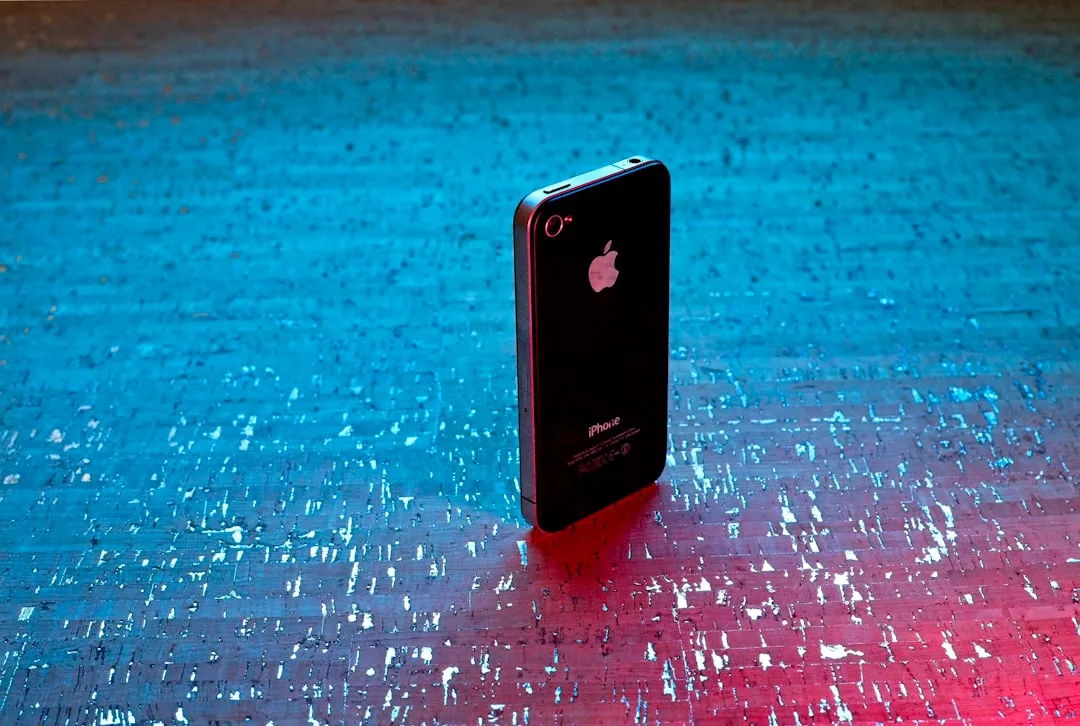
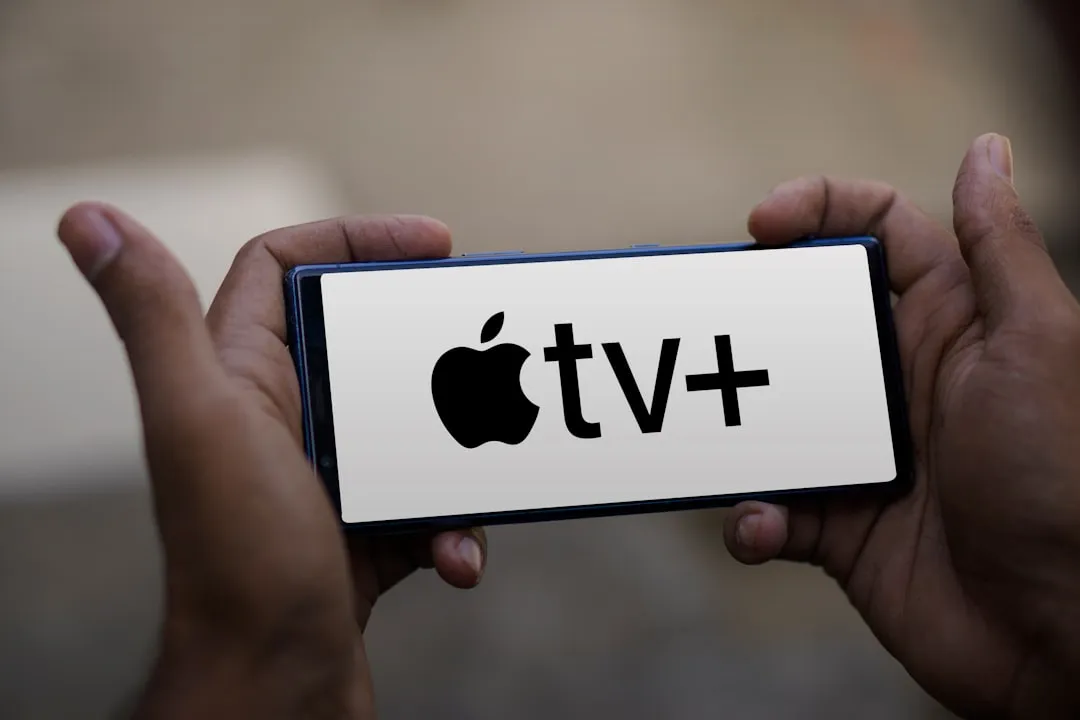

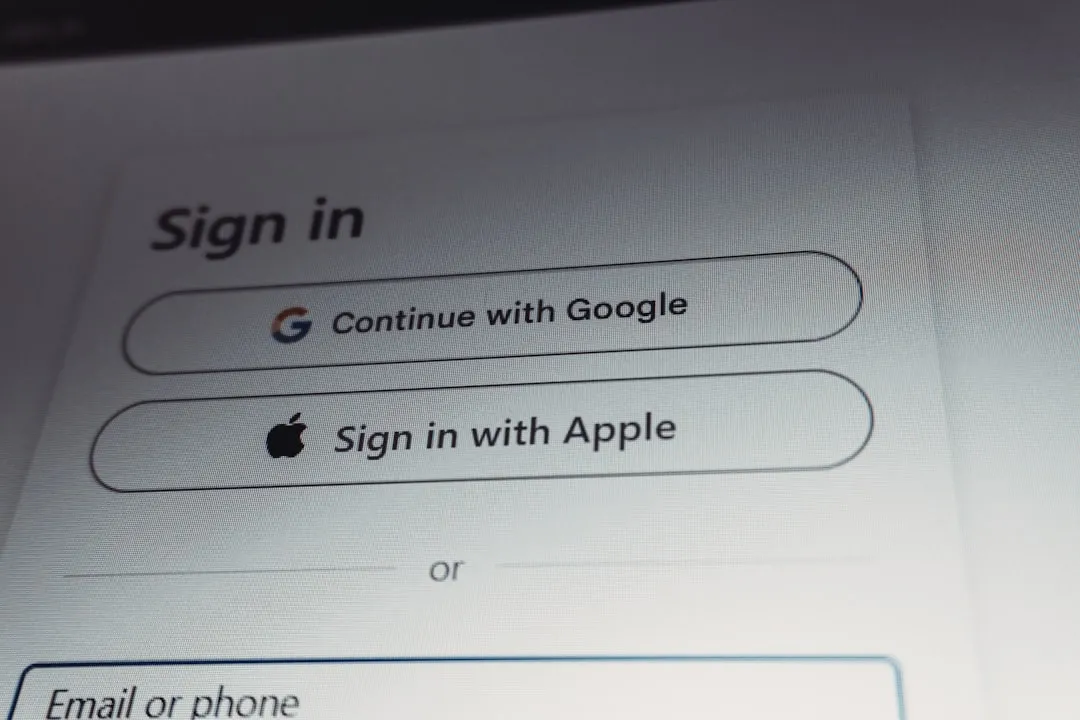



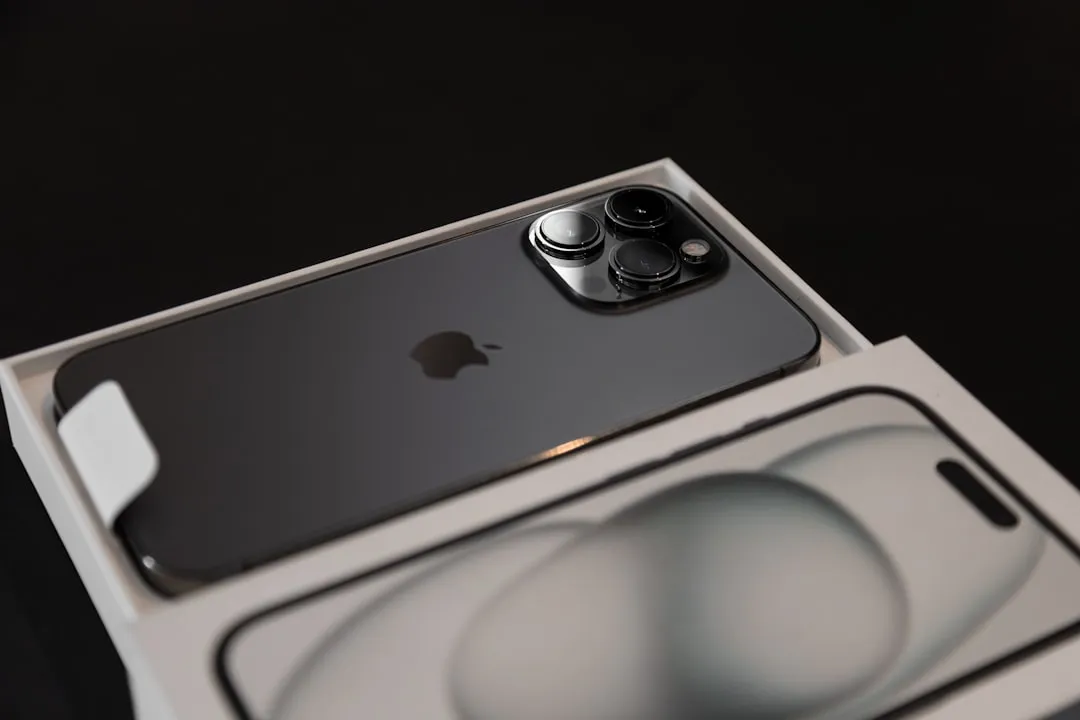

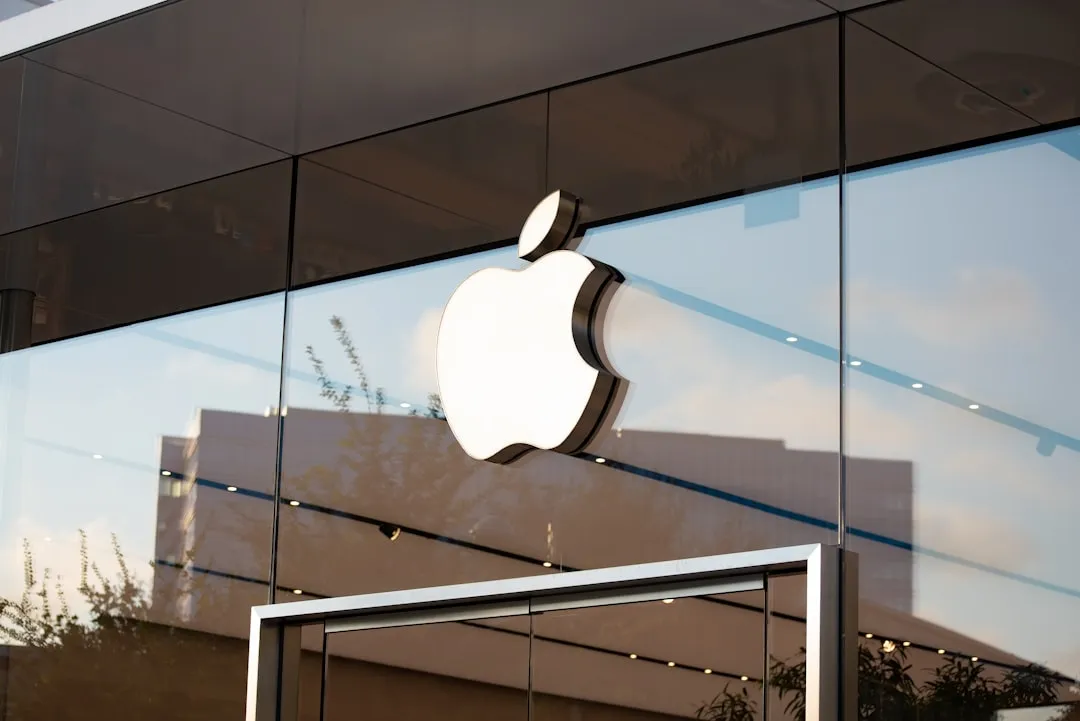



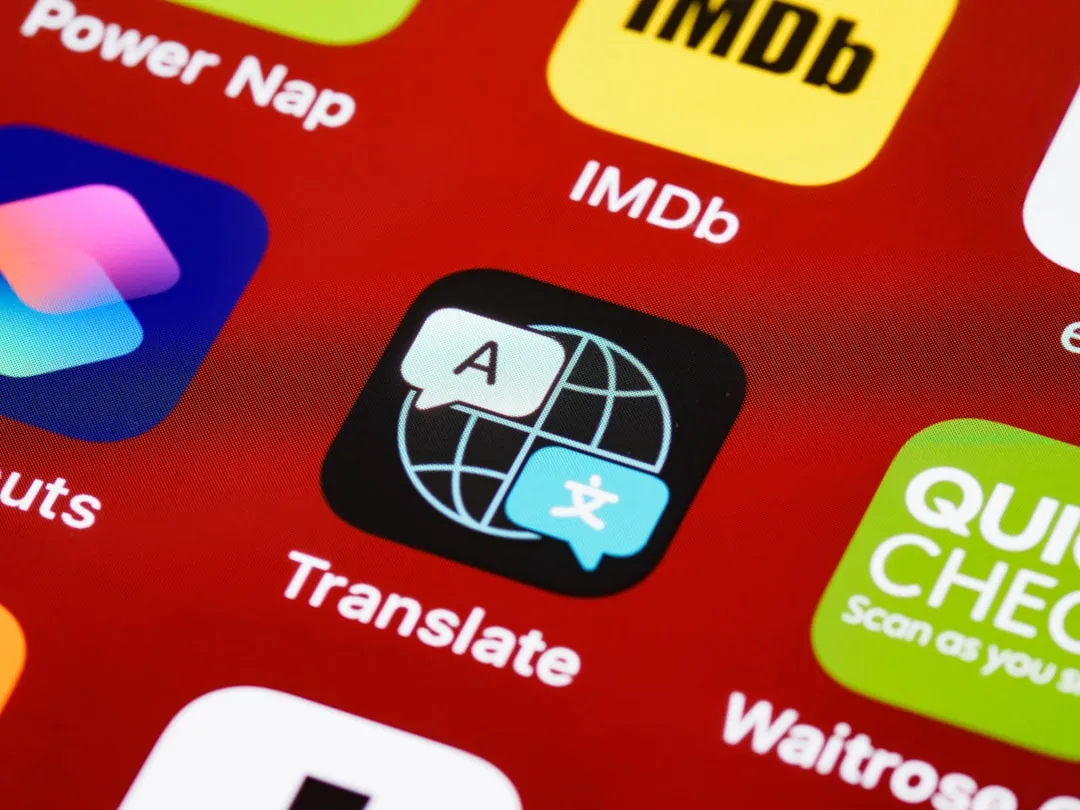



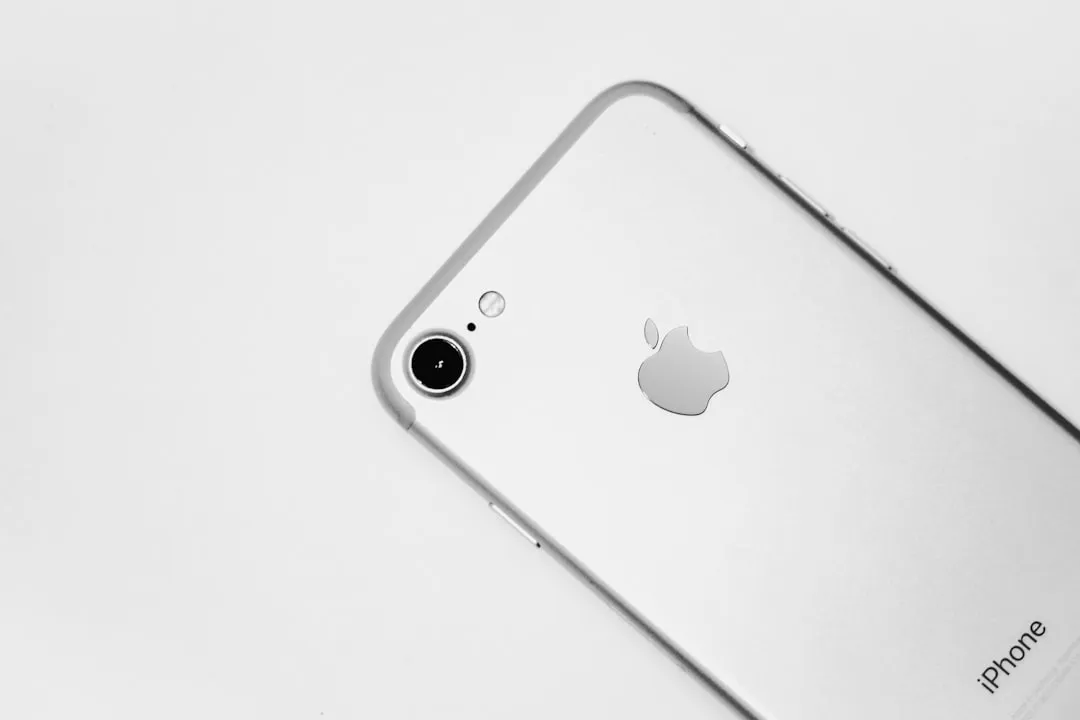
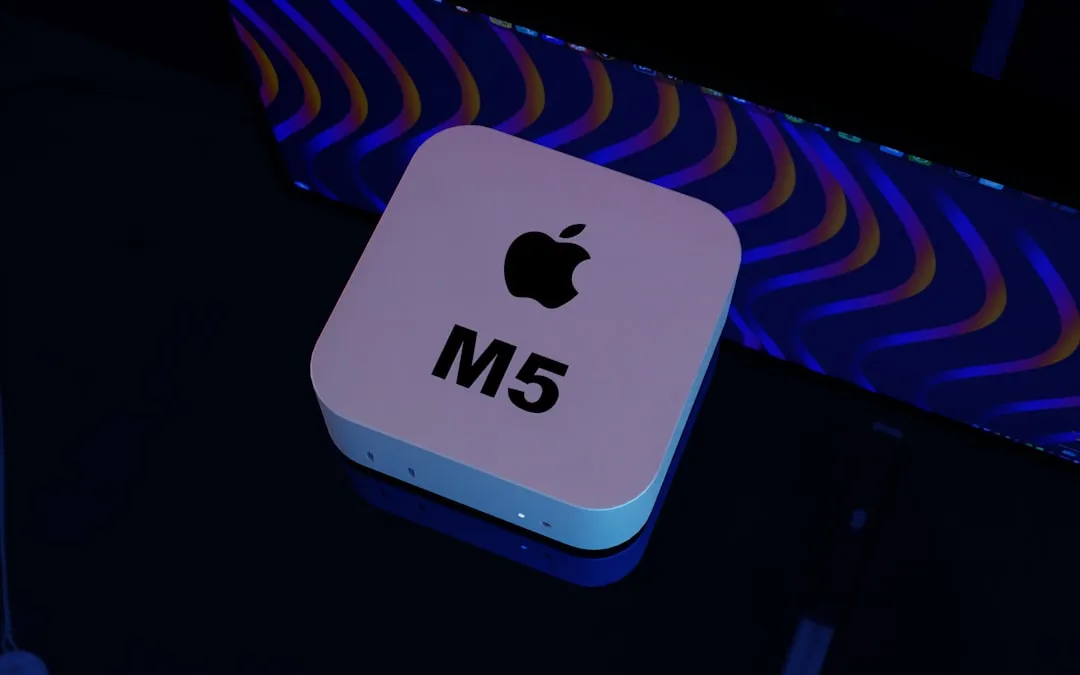
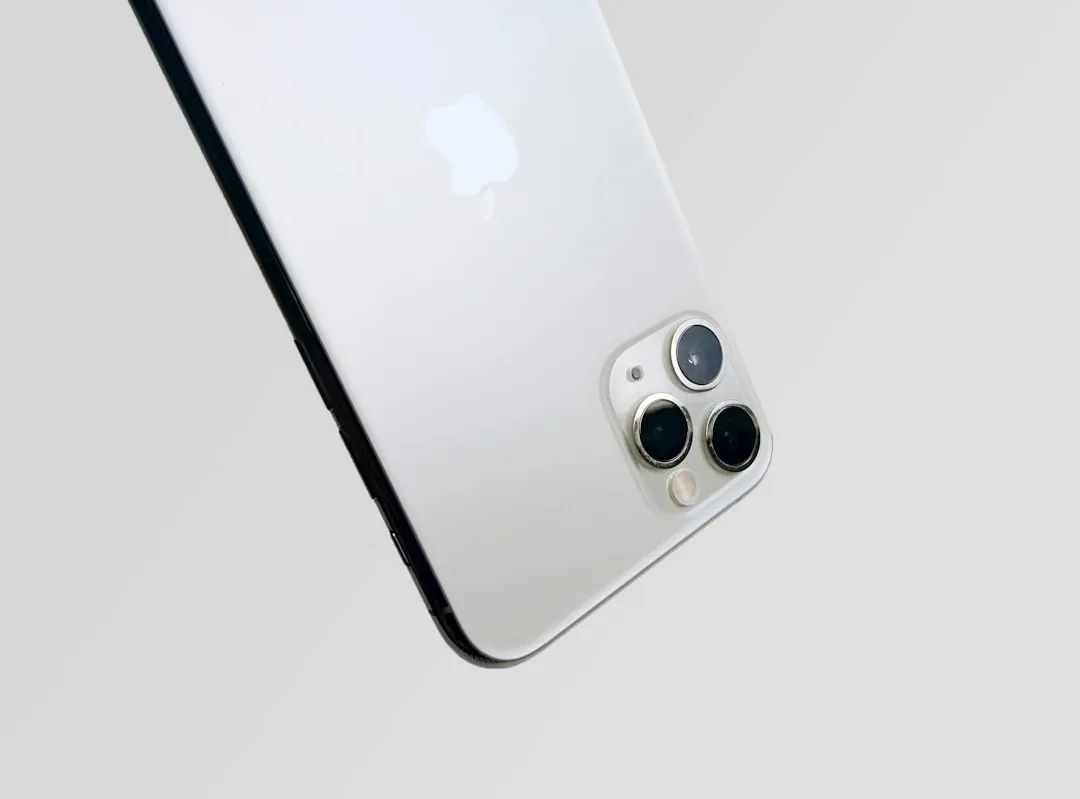

Comments
Be the first, drop a comment!